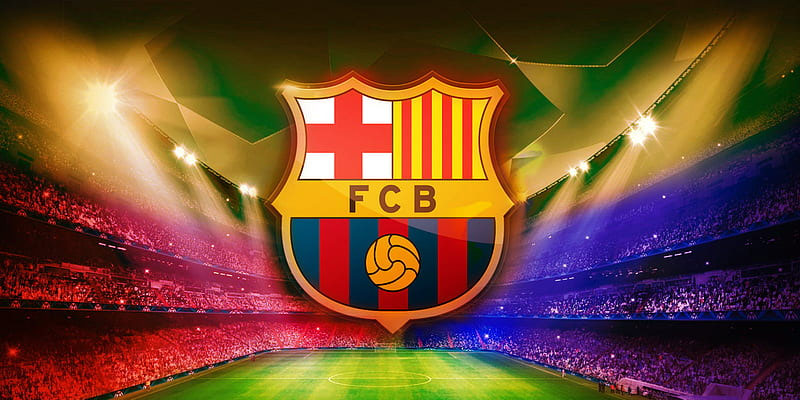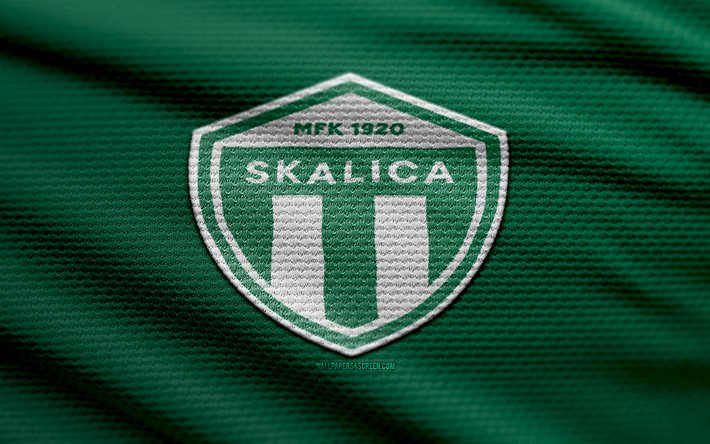
Explore the Legacy of Barcelona Club: A Football Icon
The Barcelona Club stands as a monumental titan in the world of football, resonating with passion, skill, and an unwavering commitment to excellence. Founded in 1899, this football institution has evolved into much more than just a sports team; it embodies cultural identity, community spirit, and relentless pursuit of glory—both on and off the pitch. The legacy of the Barcelona Club is not merely in its trophies, but also in the indelible mark it has left on the hearts of millions.
Historical Journey of Barcelona Club
To understand the true essence of the Barcelona Club, one must delve into its rich history that spans over a century. This journey unveils a saga of triumphs, challenges, and a unique philosophy that has distinguished the club from its contemporaries.
Founding and Early Years
The inception of the Barcelona Club can be traced back to a group of Swiss, Catalan, and English footballers who sought to create a team that represented their diverse backgrounds.
From its modest beginnings at Montjuïc, under the leadership of Joan Gamper, the club quickly began to gain traction. The first official match held by the club was a significant milestone, showcasing the budding talent and ambition of the early players. This stage was not just about football; it was about establishing an identity that intertwined with the aspirations of the Catalan people.
In those formative years, Barcelona faced numerous challenges—from financial hardships to rivalry with local clubs. However, the resilience displayed by its members and supporters laid the foundation for what would become an iconic legacy. It was during these early matches that the seeds of loyalty and pride were sown—principles that continue to thrive in the heart of every fan today.
Rise to Prominence
As the years progressed, the Barcelona Club gradually transformed into a powerhouse in Spanish football. The introduction of key players and managers significantly impacted the club’s trajectory.
The late 20th century marked a turning point when legends such as Johan Cruyff joined the ranks. His influence extended beyond the pitch; he introduced a revolutionary style of play known as “Total Football”, which emphasized fluidity, technical skills, and positional interchangeability. Under his guidance, Barcelona not only triumphed in La Liga but also captured its first European Cup in 1992.
This period was characterized by a strong emphasis on nurturing young talent through the famed La Masia academy, ensuring a consistent flow of exceptional players who embodied the club’s values. The ethos of the Barcelona Club became synonymous with attacking football and a philosophy of integrity and respect for the game.
Golden Eras
Over the decades, the Barcelona Club has experienced several golden eras, each contributing uniquely to its storied legacy.
One of the most notable periods was during the reign of Pep Guardiola, who took charge in 2008. Under his stewardship, the club achieved unprecedented success, including a treble-winning season in 2009. Guardiola’s tactical innovations coupled with the brilliance of players like Lionel Messi, Xavi, and Andrés Iniesta elevated the club’s status globally.
The influence of Messi cannot be overstated; his unparalleled talent and dedication have made him synonymous with Barcelona’s identity. As he broke records and delighted fans with his awe-inspiring performances, he exemplified the spirit of the Barcelona Club, embodying the art of football and inspiring generations to dream.
Through ups and downs, the club maintained a steadfast commitment to its core principles—attacking football, youth development, and a connection to its roots. This adherence to values has created a rich tapestry of experiences that resonate with fans across the globe.
The Culture and Philosophy of Barcelona Club
Beyond the pitch, the Barcelona Club represents a profound culture and philosophy rooted in its Catalan origins. The club’s motto, “Més que un club” (More than a club), encapsulates its significance not just in sports but in societal contexts as well.
Catalan Identity
The Barcelona Club serves as a symbol of Catalan pride and identity, particularly during times of political oppression.
Throughout the Franco dictatorship, the club became a bastion of resistance for Catalans seeking to assert their cultural identity. Matches at the Camp Nou transformed into expressions of solidarity against repression, where chants and slogans echoed the sentiments of the people. The club’s ability to unite individuals from various backgrounds under a common banner has forged an emotional bond that transcends sport.
Even today, Barcelona’s socio-political role continues to shape its image. Sporting events often intertwine with cultural festivities, showcasing the vibrancy of Catalan traditions and fostering a sense of belonging among supporters. For many, being a fan of the Barcelona Club is synonymous with endorsing regional pride and advocating for autonomy.
Football Philosophy
At the heart of the Barcelona Club lies a distinctive football philosophy that prioritizes possession-based, attacking play.
This approach is deeply rooted in the teachings of Johan Cruyff, whose vision revolutionized not only the club but the entire landscape of modern football. The core principles of this philosophy include ball control, quick transitions, and spatial awareness. Players are trained to enhance their technical abilities while cultivating an understanding of teamwork and collective movement.
Over the years, this playing style has attracted some of the brightest talents globally, leading to numerous accolades and victories. More importantly, it has fostered joy and creativity on the pitch, allowing players to express themselves and connect with fans in meaningful ways. The commitment to this philosophy ensures that the Barcelona Club remains not just a traditional football institution but a beacon of innovation and artistry in the beautiful game.
Community Engagement
Community engagement is another integral facet of the Barcelona Club’s identity.
The club has historically been active in philanthropic efforts aimed at uplifting society and promoting social justice. Through initiatives such as the FC Barcelona Foundation, the club invests in educational programs, healthcare access, and sports development for underprivileged communities.
This dedication to giving back has resulted in positive social impact while reinforcing the connection between the club and its supporters. Fans feel a profound sense of pride knowing that their beloved team contributes to meaningful causes, further solidifying the notion that the Barcelona Club transcends mere sporting achievements.



